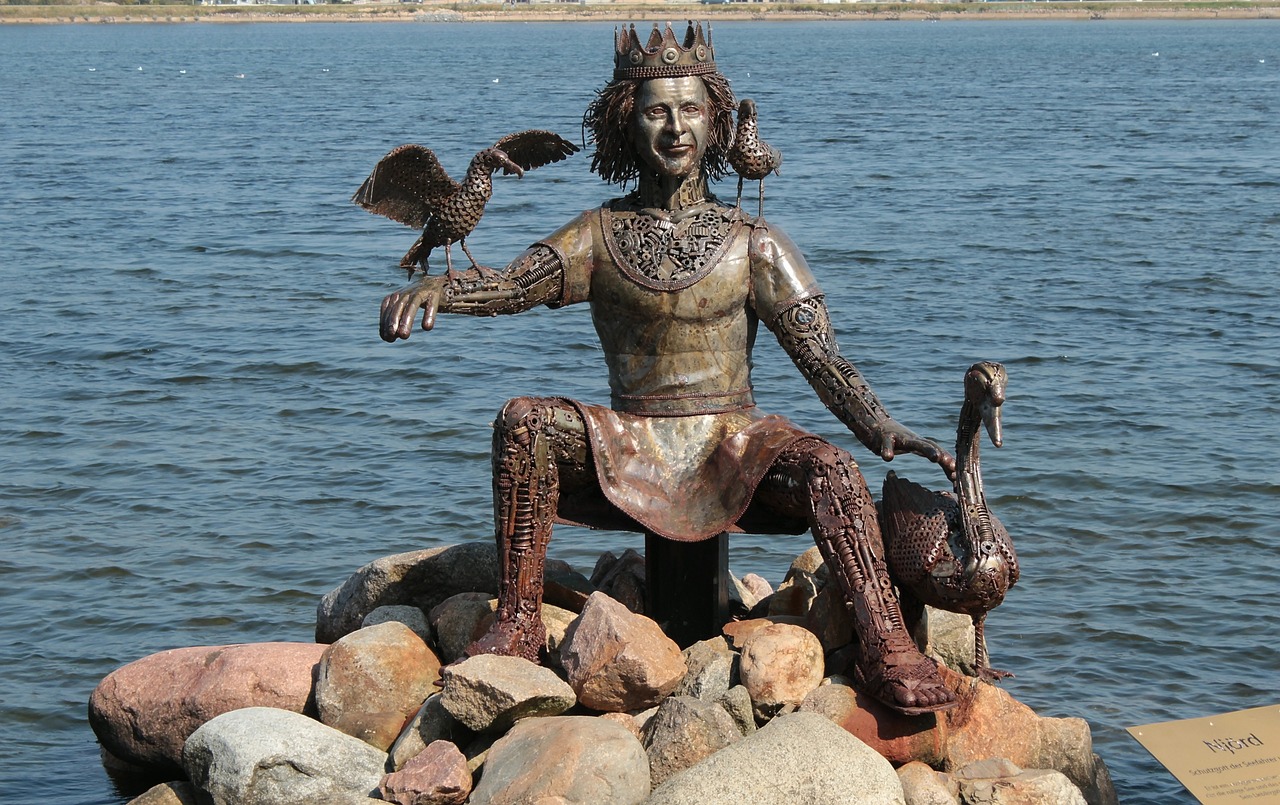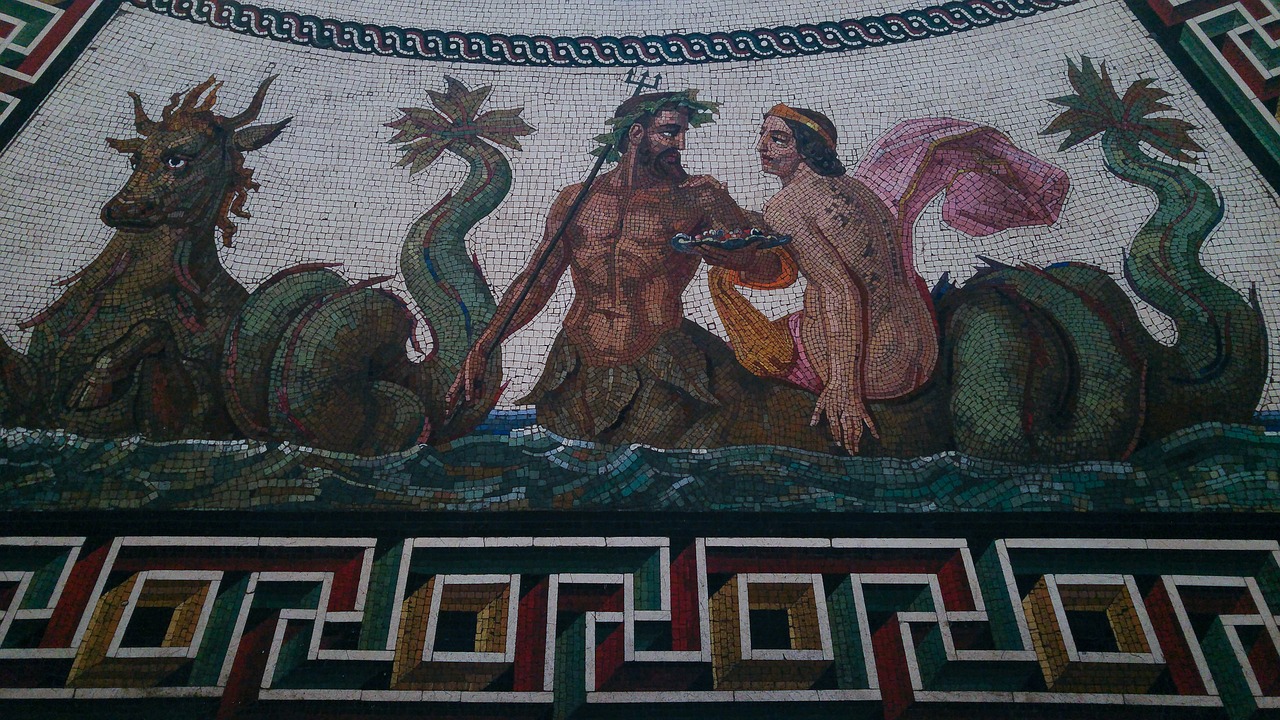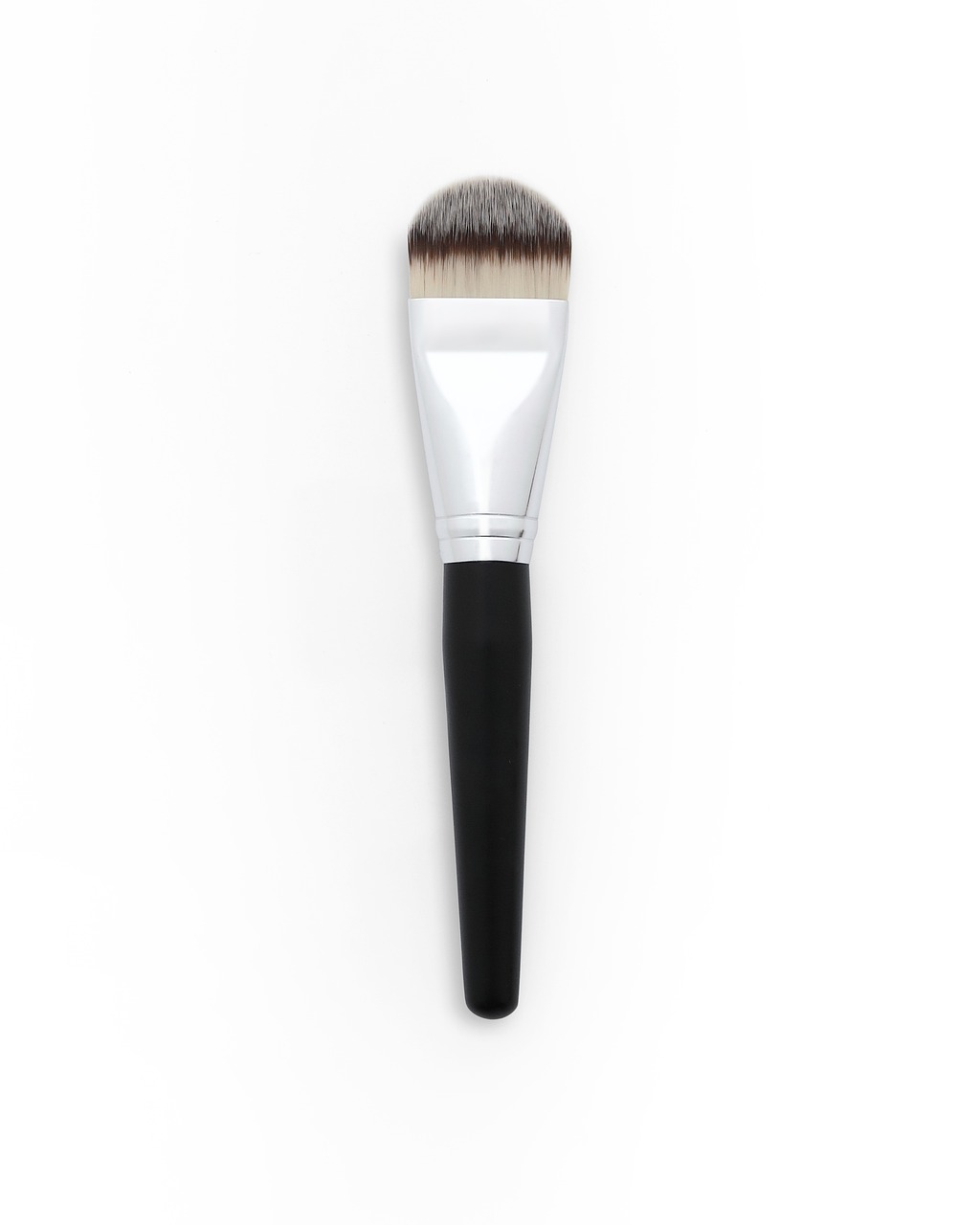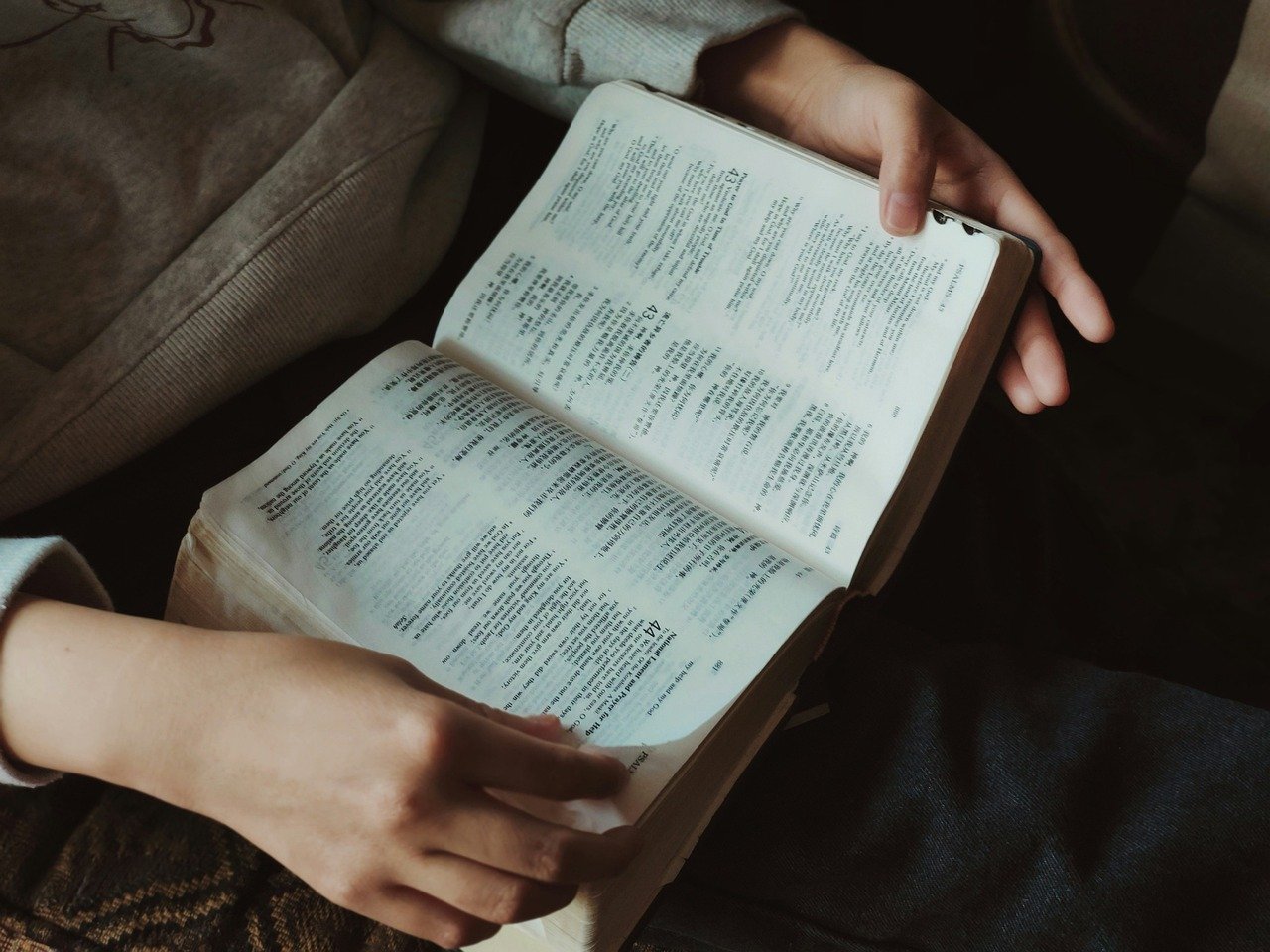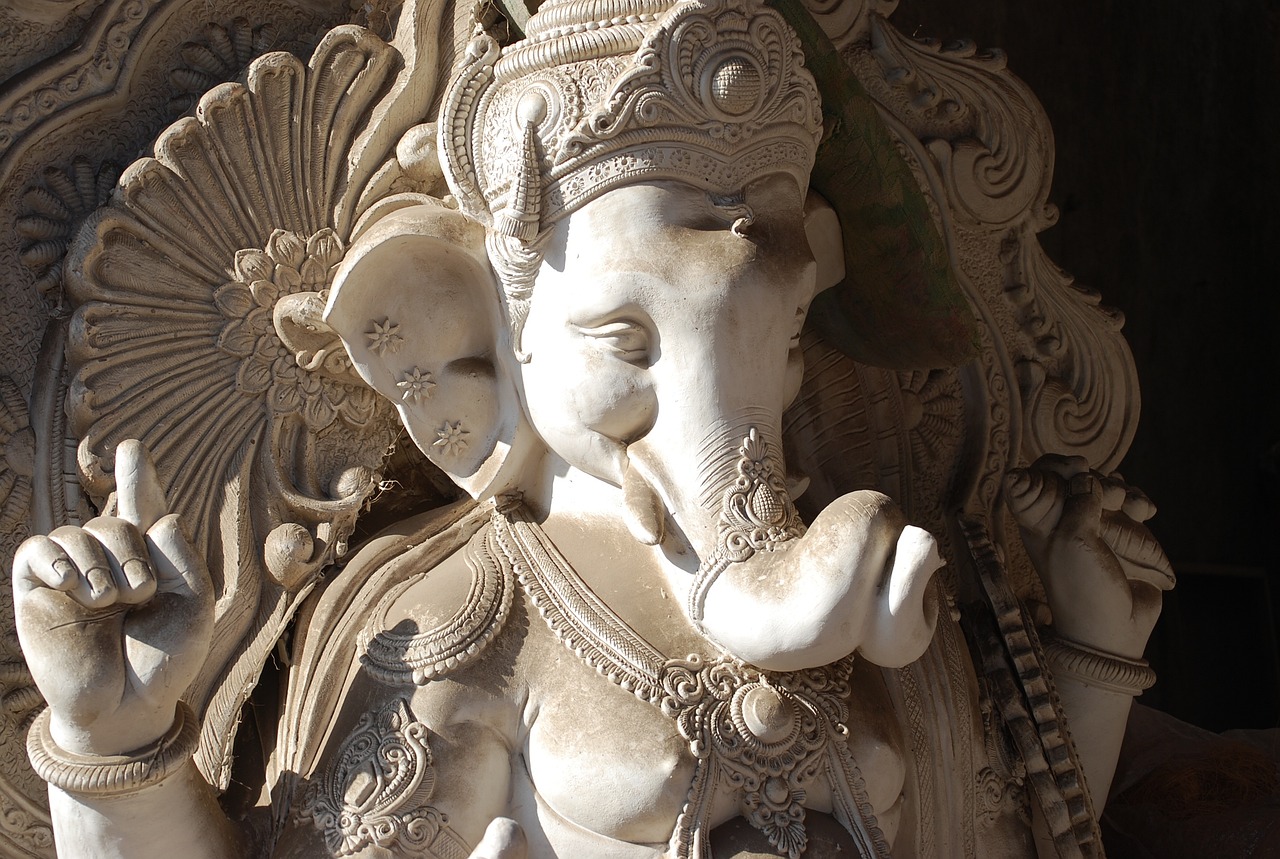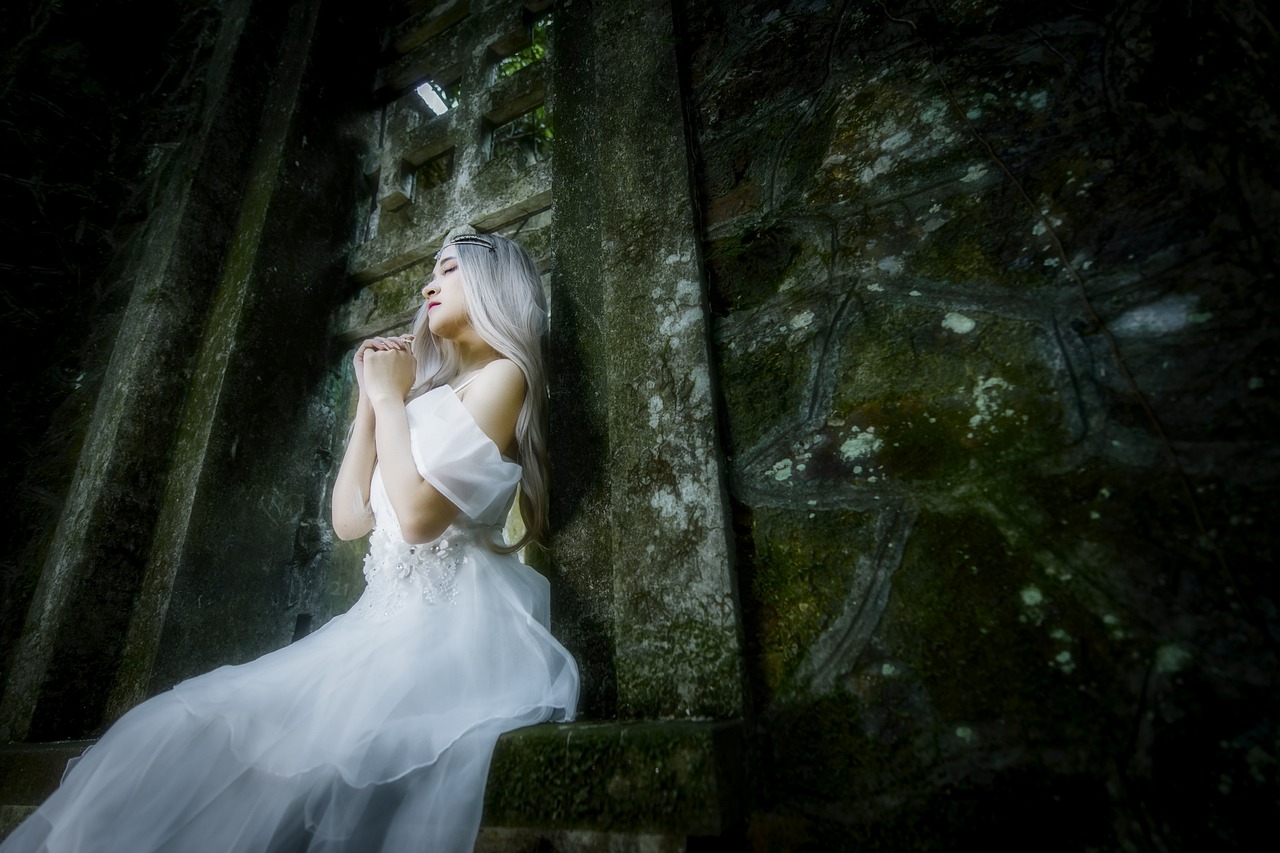Author: Erlang Shen
-
The Sun Goddess Sól in Norse Mythology In the realm of Norse mythology, Sól, known as the Sun goddess, is characterized by her vibrant associations and familial connections. She is the offspring of Mundilfari and Glaur and is wed to Glenr. Sól is synonymous with various names including Sunna, an Old High German term, and…
-
When discussing mythology, we quickly uncover that duality is deeply embedded in the Viking mindset. The interplay of opposites—light and dark, above and below—appears frequently within Scandinavian thought. A remarkable instance of this can be found in Norse mythology. In this brief exploration—essentially a rapid mythological overview—I’ll share how the Vikings understood the transition from…
-
In Norse mythology, the sun and moon are symbolized as siblings who drive celestial bodies while being pursued by wolves; on occasion, they are depicted merely as inanimate objects. It is striking that written sources like the Poetic Edda and the Prose Edda reference them infrequently, yet a comprehensive examination of these texts alongside findings…
-
Understanding Sól: The Sun Goddess Sól, the esteemed deity of the sun, has long been venerated across Germany and Scandinavia, with a history that can be traced back to the Bronze Age. In Eastern European traditions, she is identified as Saulė or Saul, holding a significant role among the principal deities in Latvian, Lithuanian, and…
-
Mimir is renowned as the most sagacious being in Asgard, the domain of the gods in Norse mythology. However, his tenure among the Vanir gods as an advisor ended tragically when they came to distrust his wisdom and ultimately assassinated him. To retain the profound counsel of this esteemed advisor, Odin resorted to dark magic…
-
Many sources propose that Mimir stands out among the Æsir gods as the wisest. Although modern interpretations, particularly from franchises like God of War, depict him as an ethereal spirit trapped within a tree, the original tale of Mimir in Norse mythology encompasses tragedy and deep significance. Widely recognized as the ‘talking head’ within Norse…
-
Mimir is often hailed as the wisest among the Æsir gods in Norse mythology. While modern interpretations, such as in the God of War series, have reimagined his story to portray him as a spirit trapped within a tree, the original narrative reveals a rich tapestry of tragedy and depth. Known famously as the ‘talking…
-
Gefjun, the ancient Norse goddess symbolizing agriculture, fertility, and prosperity, is depicted in a striking painting on the ceiling of Frederiksborg Palace in Denmark, often spelled as “Gefjon,” “Gefiun,” or “Gefion.” Deriving her name from the Old Norse verb gefa, meaning “to give,” she can be interpreted as “the Giver” or “the Generous One.” Much…
-
The Goddess Gefjun: A Norse Tale of Fertility and Abundance Gefjun, known as one of the ancient Norse deities, embodies agriculture, fertility, abundance, and prosperity. Her name, rooted in the Old Norse verb gefa, translates to “Giver” or “Generous One,” reflecting her nurturing nature. Much of what we understand about Gefjun comes from the writings…
-
The Significance of Gefjun in Norse Mythology Gefjun, pronounced “GEV-yoon” and occasionally spelled as “Gefjon,” “Gefiun,” or “Gefion,” is a revered goddess in Norse mythology, embodying themes of agriculture, fertility, abundance, and prosperity. The etymology of her name comes from the Old Norse verb gefa, meaning “to give,” rendering her title as “the Giver” or…


